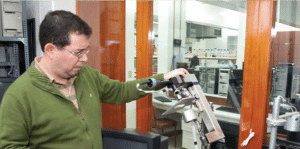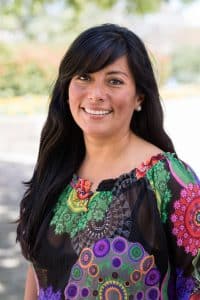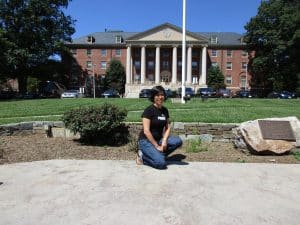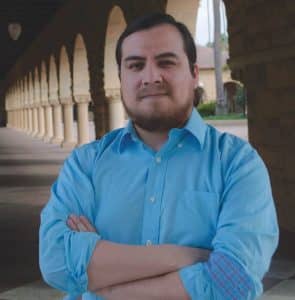My name is Mariana De Niz and I’ve dedicated most of my research career to the study of infectious diseases and host-pathogen interactions. Microscopy has been a pivotal tool for my work, and it’s something I enjoy enormously. It’s a discipline that evolves so quickly: there’s so much to learn every day, both in microscopy itself, and in image analysis - and all the possibilities that together, they bring. I was lucky to do my PhD in a lab which was at the forefront of microscopy, and have continued to develop my skills in this area ever since. As a science communicator, I have focused most of my energies to the field of microscopy too, both during my participation in preLights, and FocalPlane. In the latter, together with the enormous support of the Latin American microscopy community, we have been highlighting the work of scientists from each country in the region, in a project that will have its first completion in 2025. I applied to become a FocalPlane correspondent because I admire the mission of FocalPlane in terms of democratising microscopy through its various initiatives (outreach, science communication, blogs, etc). My goal is to contribute 12 pieces during this year, among them covering topics such as a) frugal microscopy and its impact in society, b) the impact of various microscopy-targeted funding schemes in developing countries - specifically in Latin America and Africa, c) the impact of organisations bringing together microscopy communities around the world, d) specific initiatives that aim to bring the vanguard microscopy techniques to everyone, e) image analysis: the future, f) the role of imaging in the context of infectious diseases - a historical and public health perspective.
Scientific field: Cell biology, Parasitology, Immunology, Mechanobiology, Microbiology
Microscopy background: Optical System Development, Probe Development, Image Analysis
Posted by Mariana De Niz, on 6 June 2023
MiniBio: Brenda Delfin is a researcher at Universidad Peruana Cayetano Heredia, in Lima, Peru. She is a Biologist by training, and has specialized in Neuroscience. She is currently head of the animal house and interim leader of the Neuroscience of development lab at UPCH. Joining her expertise in neuroscience and her passion for teaching, learningPosted by Mariana De Niz, on 30 May 2023

Posted by Mariana De Niz, on 23 May 2023

Posted by Mariana De Niz, on 16 May 2023

Posted by Mariana De Niz, on 9 May 2023
